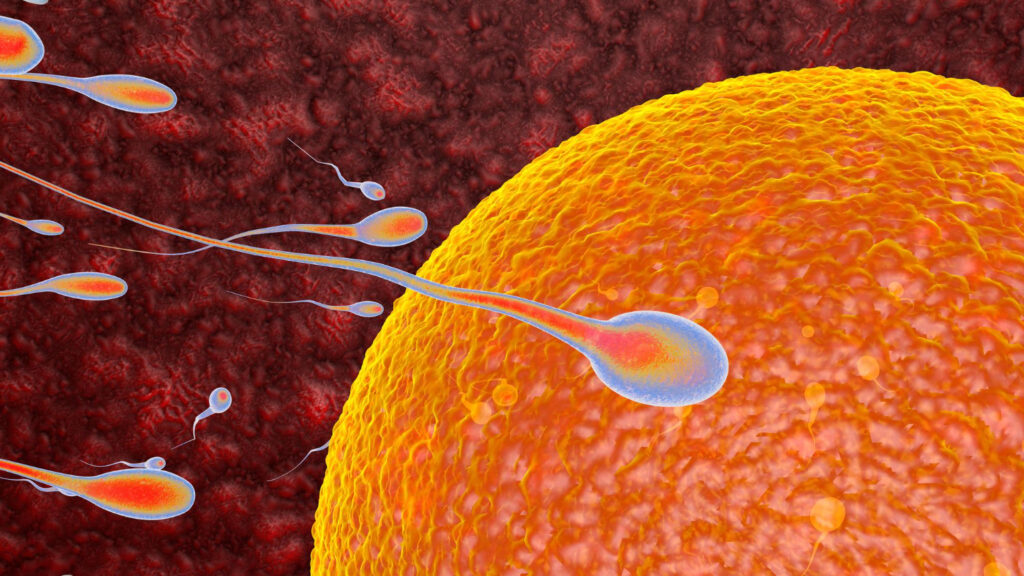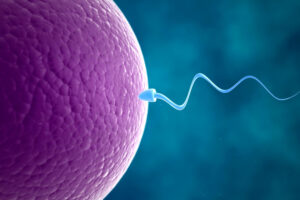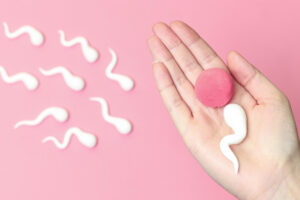When you’re undergoing fertility treatment like IVF (In Vitro Fertilisation) or IUI (Intrauterine Insemination), your doctor often talks about follicle size. It’s one of the most important indicators of how well your body is responding to treatment and whether ovulation or egg retrieval will be successful.
At Boon IVF, Hyderabad, many women ask, “What is the ideal follicle size for pregnancy?” or “Why do doctors keep measuring my follicles?” Understanding this can make your fertility journey more straightforward and less stressful.
In this article, our fertility experts explain everything you need to know about follicle size, its role in ovulation, and how it affects your chances of IVF and IUI success.
What Is a Follicle and Why Is It Important?
A follicle is a tiny fluid-filled sac located inside your ovaries. Each follicle contains an immature egg (oocyte).
During each menstrual cycle, several follicles begin to grow under the influence of hormones like FSH (Follicle Stimulating Hormone). However, typically only one follicle reaches maturity and releases an egg during ovulation.
In fertility treatments such as IUI or IVF, doctors closely monitor these follicles to determine:
- When your egg is maturing
- The best time to trigger ovulation
- When to collect eggs (in IVF) or perform insemination (in IUI)
Simply put, healthy follicles = better eggs = higher pregnancy success rate
How Follicle Size Is Measured
Follicle size is measured using transvaginal ultrasound, a painless procedure where your doctor can see your ovaries and count how many follicles are growing.
This process, known as follicular monitoring, is done several times during your cycle — especially between days 9 and 15 — to track how the follicles respond to medication.
Each follicle is measured in millimetres (mm), and doctors record both the number and size of follicles in each ovary.
Ideal Follicle Size for Ovulation and Conception
The ideal follicle size depends on whether you’re undergoing a natural cycle, IUI, or IVF.
| Fertility Treatment | Ideal Follicle Size for Ovulation or Retrieval | Expected Egg Maturity |
| Natural Cycle | 18–22 mm | Ovulation likely occurs naturally |
| IUI Cycle | 18–20 mm (dominant follicle) | Ready for ovulation trigger (hCG shot) |
| IVF Cycle | 18–22 mm (multiple follicles) | Mature eggs suitable for retrieval |
In general, when follicles reach 18–20 mm, they are considered mature enough for ovulation or egg retrieval.
Follicle Size and Egg Quality
While size matters, it’s not the only factor. A follicle must also contain a healthy, mature egg to result in successful fertilization.
Factors That Affect Egg Quality Include:
- Age: Egg quality naturally declines after age 35.
- Hormone levels: Balanced estrogen, LH, and FSH support healthy follicle growth.
- Lifestyle factors —such as smoking, poor diet, and stress — can affect egg health.
- Ovarian reserve: The number of available eggs decreases with age or in conditions such as PCOS.
So, even if a follicle reaches the ideal size, the egg inside might not always be genetically or structurally typical — that’s why fertility specialists assess both quantity and quality.
Follicle Growth Pattern in a Normal Cycle
Here’s a quick look at how follicles grow through a typical menstrual cycle:
| Cycle Day | Follicle Size Range | What Happens |
| Day 1–4 | 2–5 mm | Several small follicles begin to form |
| Day 5–10 | 6–10 mm | Few follicles continue to grow |
| Day 10–14 | 12–20 mm | One dominant follicle emerges |
| Day 14 (approx.) | 18–22 mm | Ovulation occurs |
This pattern may vary slightly depending on medications and individual response.
Follicle Monitoring in IUI Cycles
In an IUI cycle, doctors stimulate the ovaries with mild fertility drugs like Clomiphene Citrate or Letrozole to encourage 1–2 mature follicles.
Once the dominant follicle reaches 18–20 mm, an hCG trigger injection is given to induce ovulation within 36–40 hours.
Then, IUI is timed accordingly — inseminating washed and concentrated sperm into the uterus around ovulation.
Ideal Outcome: One or two mature follicles (18–20 mm) at the time of trigger gives the highest IUI success rate while minimizing the risk of multiple pregnancy.
Follicle Monitoring in IVF Cycles
In an IVF cycle, the goal is different — to stimulate multiple follicles for egg retrieval.
Doctors use gonadotropin injections to help several follicles mature simultaneously.
Ultrasound scans monitor follicle sizes daily, and when multiple follicles reach 18–22 mm, an hCG or Lupron trigger is given before egg retrieval (typically 34–36 hours later).
Ideal Outcome: At least 8–12 mature follicles (18–22 mm), as this provides a higher chance of retrieving multiple high-quality eggs for fertilization.

How Follicle Size Impacts IVF and IUI Success
The success of IVF or IUI largely depends on the timing of ovulation or egg retrieval, which is directly linked to follicle size.
1. In IUI:
- If follicles are too small (<16 mm), eggs may be immature and not fertilize properly.
- If follicles are too large (>24 mm), the eggs may be overripe, reducing their fertilization potential.
- Best Results: When IUI is timed 36 hours after trigger injection with follicles around 18–20 mm.
2. In IVF:
- Multiple mature follicles between 18 and 22 mm offer the best egg yield.
- Too many small follicles or too few mature ones can lower embryo quality.
- Best Results: Trigger given when at least 70% of follicles reach 18 mm or more ensures the production of good-quality eggs.
Small or Poorly Growing Follicles — What It Means
Sometimes, follicles don’t grow adequately despite stimulation. Common reasons include:
- Low ovarian reserve
- Hormonal imbalance (low AMH, high FSH)
- Stress or undernutrition
- Over- or under-response to medication
Your doctor may adjust your medication or recommend supplements like CoQ10, DHEA, or vitamin D to support better follicle growth in future cycles.
Tips to Support Healthy Follicle Growth Naturally
You can’t change your age or genetics, but you can definitely improve follicle health through lifestyle choices:
Eat a Fertility-Boosting Diet
Include foods rich in:
- Zinc & Selenium (nuts, eggs, fish)
- Iron & Folic acid (leafy greens, lentils)
- Omega-3s (flaxseeds, walnuts, salmon)
- Antioxidants (berries, pomegranate)
Maintain a Healthy Weight
Both underweight and overweight conditions can affect hormone balance and follicle development.
Get Enough Sleep & Manage Stress
Stress hormones, such as cortisol, can interfere with ovulation. Meditation, yoga, and gentle exercise can help.
Avoid Smoking and Alcohol
These damage egg quality and reduce ovarian response to fertility medications.
When to Be Concerned About Follicle Size
You should consult your fertility specialist if:
- Your follicles grow too slowly or unevenly
- You have very few developing follicles
- You’ve had repeated IVF/IUI failures
- You’re diagnosed with low AMH or poor ovarian response

At Boon IVF, Hyderabad, our fertility experts customize each treatment cycle using advanced ultrasound monitoring and hormone tracking to maximize follicle development and pregnancy chances.
Expert Insight from Boon IVF
At Boon IVF, we understand that no two fertility journeys are alike. Our specialists closely monitor your follicular growth using high-resolution ultrasound and tailor medications to your unique hormonal profile.
This personalized approach ensures:
- Optimal follicle maturity
- High-quality egg retrieval
- Better embryo development
- Improved IVF and IUI success rates
Our team is dedicated to providing evidence-based, compassionate fertility care so you feel informed and supported every step of the way.
Conclusion
Your follicle size plays a crucial role in determining the timing and success of your IVF or IUI treatment. While an ideal range of 18–22 mm indicates healthy ovulation, every woman’s body responds differently to stimulation.
By working closely with experienced fertility specialists — like the team at Boon IVF, Hyderabad — you can ensure precise monitoring, better egg quality, and a higher chance of conception.
Remember, understanding your body is the first step toward achieving your dream of parenthood.


